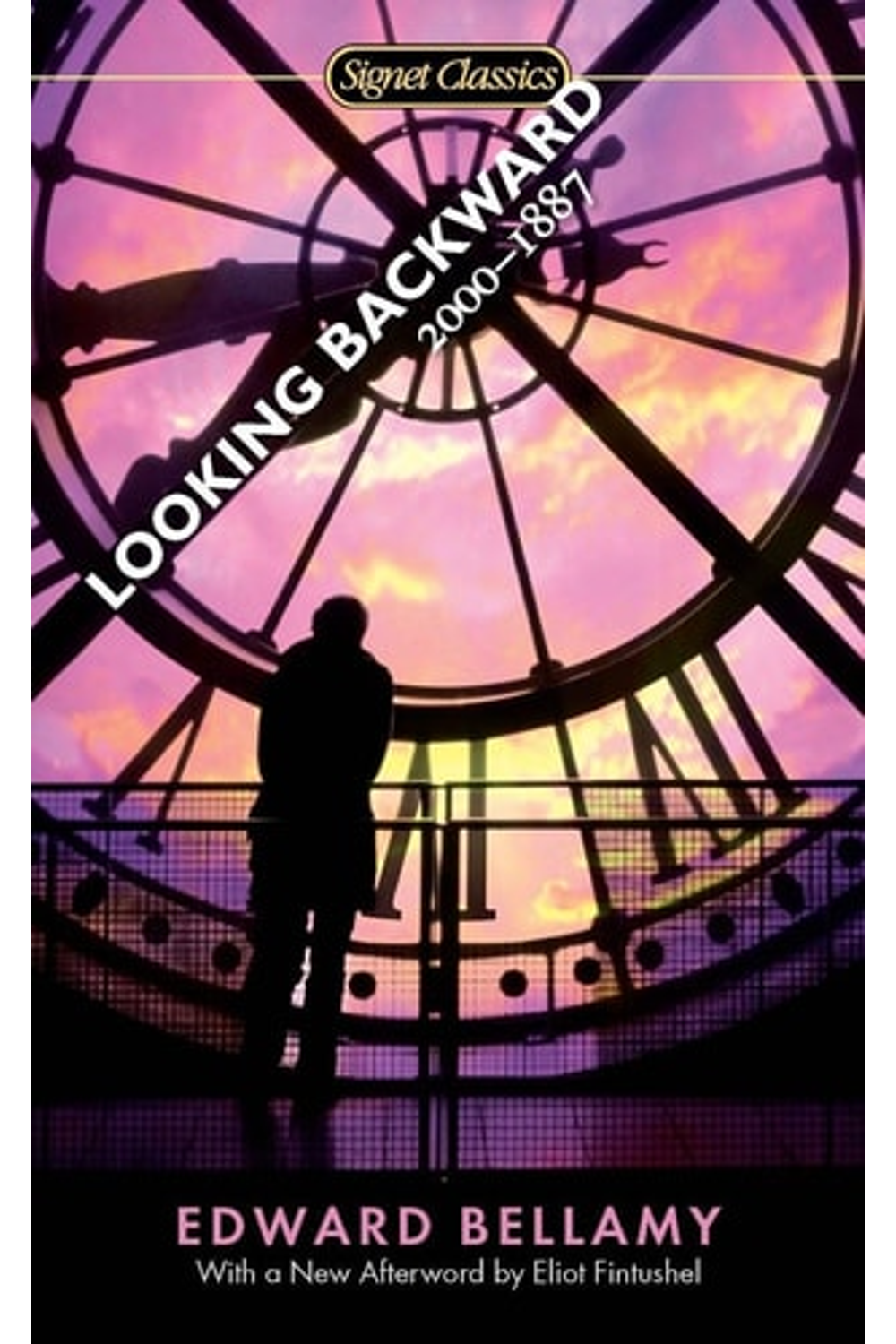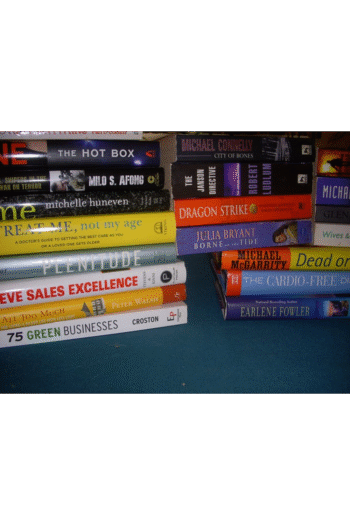Step into a utopian future with Edward Bellamy’s *Looking Backward: 2000-1887 (Signet Classics)*. This captivating science fiction novel transports a 19th-century Bostonian to the year 2000, where he discovers a society transformed: poverty and inequality are relics of the past, replaced by a cooperative, egalitarian system. Published by Signet, this edition brings Bellamy’s classic vision to life. More than just a story, *Looking Backward* is a thought-provoking exploration of social reform, economic justice, and the potential for a better world. It sparked a movement upon its release and continues to resonate with readers interested in utopian literature and alternative social models. Discover a world without money, where cooperation reigns, and everyone works for the common good. This edition includes insightful commentary, enriching your understanding of Bellamy’s enduring masterpiece. A must-read for anyone seeking inspiration for a more equitable future.
Looking Backward: 2000-1887 (Signet Classics)
13,45 $
In stock
Edward Bellamys prophetic novel about a young Boston man who is mysteriously transported from the 19th to the 21st centuryfrom a world of war and want to a world of peace and plenty.
The year is 2000. The place: Utopian America. The hero: anyone who has ever longed for escape to a better life
Translated into more than twenty languages, and the most widely read novel of its time, Looking Backward is more than a brilliant visionarys view of the future. It is a blueprint of the perfect society, a guidebook that stimulated some of the greatest thinkers of our age. Todayin the very era it attempted to visualizeit is even more compelling than ever.
With an Introduction by Walter James Miller
And an Afterword by Eliot Fintushel
| Authors | |
|---|---|
| Binding | |
| Condition | |
| ISBN-10 | 0451531167 |
| ISBN-13 | 9780451531162 |
| Language | |
| Pages | 256 |
| Publisher | |
| Year published | |
| Weight | 124 |
| Edition | 35686th |
| Dewey decimal | 813/.4 |
Related products
-
Behind the Scenes!!, Vol. 5 (5)
23,94 $ -
The Robots of Dawn
19,55 $ -
Mostly Harmless
16,53 $ -
New Jerusalem (Paladin Books)
13,16 $
- Additional information
- Currencies
- USD – United States dollar
- EUR – Euro
- GBP – Pound sterling
- CNY – Chinese yuan
- BRL – Brazilian real
- MXN – Mexican peso
- JPY – Japanese yen
- PHP – Philippine peso
- THB – Thai baht
- PLN – Polish złoty
- CAD – Canadian dollar
- MYR – Malaysian ringgit
- AUD – Australian dollar
- TWD – New Taiwan dollar
- CZK – Czech koruna
- SEK – Swedish krona
- HUF – Hungarian forint
- ILS – Israeli new shekel
- CHF – Swiss franc
- HKD – Hong Kong dollar
- DKK – Danish krone
- SGD – Singapore dollar
- NOK – Norwegian krone
- NZD – New Zealand dollar





